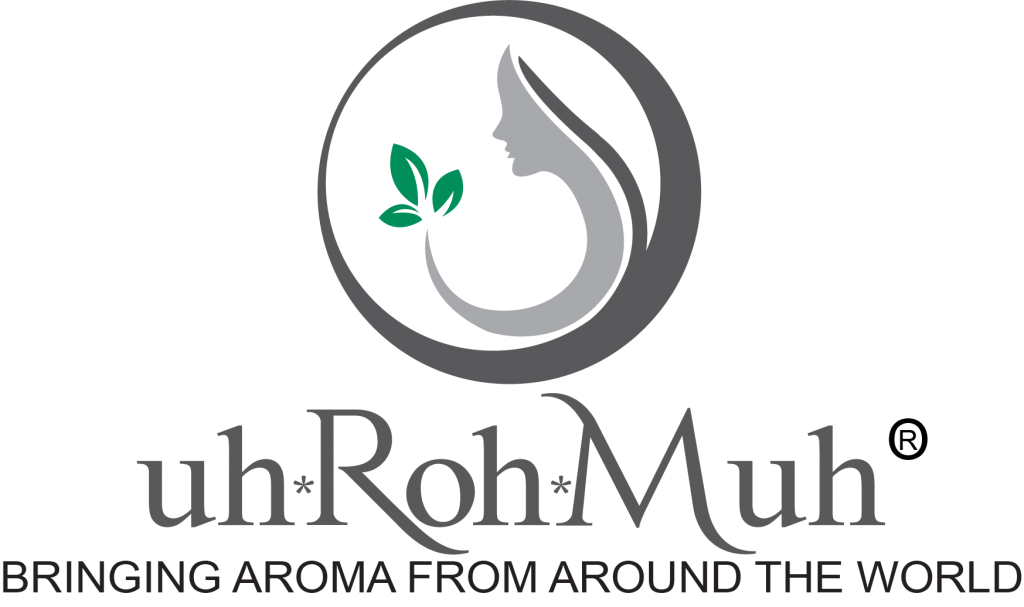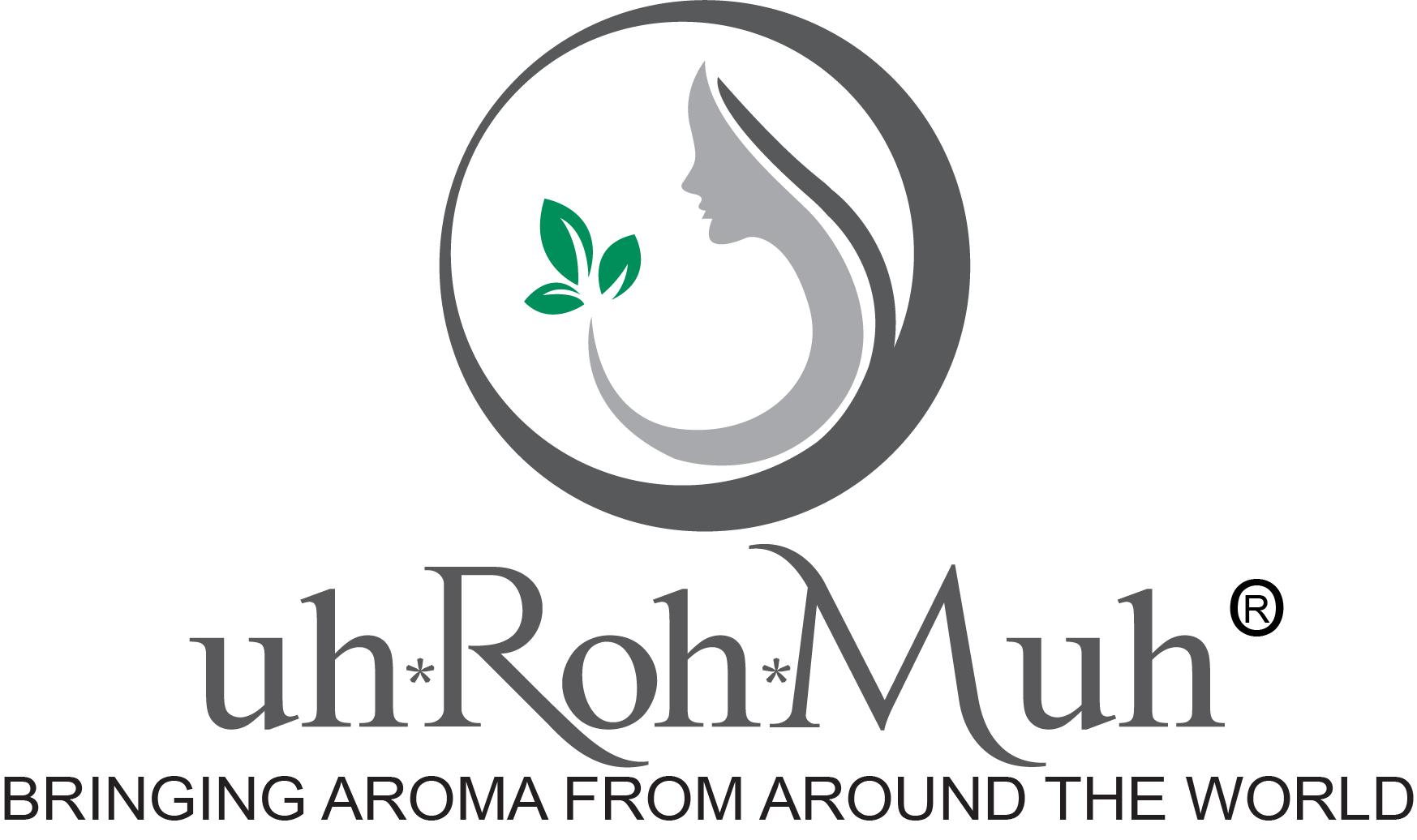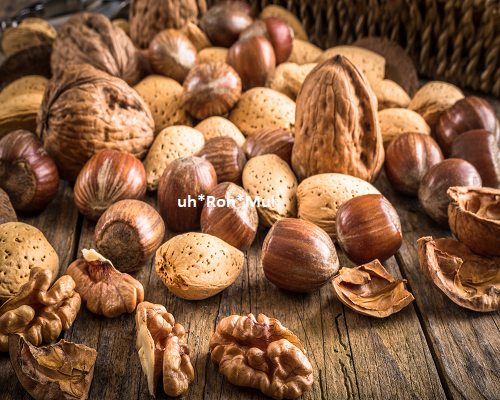Carrier oils, often called neutral or base oils, are used to dilute essential volatile oils, which if applied to the skin concentrated can cause irritation and sensitization. Carrier oils get their name from their purpose in “carrying” the essential oil onto the skin.
Natural vegetable oils are the most commonly used carriers. They are derived from the oily parts of plants, such as seeds, kernels or the nuts. Because they lack therapeutic properties, carrier oils are often overlooked. Regardless, they play a major role in topically applied essential oils.
Essential Oils vs. Carrier Oils
Essential oils are extracted from the leaves, barks, roots, flowers, and other aromatic parts of a plant, but carrier oils are extracted from the fatty sections and have a neutral or faintly sweet, nutty scent.
Due to their high-fat concentration, carrier oils can go rancid over time. The levels of natural content like fatty acids, proteins, and vitamins, as well as the method of extraction, can affect how fast carrier oils become rancid. Extensive refining and adding various solvent residues to vegetable oils will significantly increase shelf life but may have adverse effects on nutritional content.
Essential oils don’t go rancid. Instead, they oxidize and gradually lose their potency.
Extraction methods
Carrier oils are typically derived using either hot or cold pressing.
In hot pressing, heat is applied to soften the plant tissue, before pressing it to collect the oil underneath. Chemicals are often added to aid in the extraction. Hot pressing is used to increase the yield produced, especially from seeds like Sesame, which hold very little oil. After heat treatment, the resulting oil is relatively dark, and the acid value is high, which means refining is needed to make the oil edible.
On the other hand, cold pressing involves extracting the oil at room temperature. The process can still generate heat because of friction, but the ambient conditions are adjusted to keep heat to a minimum. The collected oil is cool, and its acid value is low, so there is no need of refining. Oil is separated from other plant materials by precipitation or refining. Because no heat is introduced, cold-pressed oil retains natural properties such as taste, flavor, and physiologically active substances.
Although trends are changing, the majority of vegetable oils in grocery stores are not cold-pressed. For the most nourishing and freshest oils, therefore, shop with retailers that specialize in the sale of natural skin-care ingredients.
Nutritional content
Carrier oils might not have the health benefits that come with essential oils, but they still offer important nutrients, including proteins, soluble vitamins, and minerals. Most carrier oils naturally contain Vitamin E and, therefore, act as antioxidants which are helpful to the skin.
Moreover, vegetable oils are a rich source of essential fatty acids. These are fatty acids that our bodies cannot produce and, consequently, need to get from our diets. Individuals that lack the proper intake of essential fatty acids demonstrate dry and unhealthy skin and are at a risk of suffering from severe skin conditions such as psoriasis and eczema.
Using carrier oils that have a high essential fatty acid content can help to nourish the skin, and promote its look and feel.
Storage
For long term preservation, carrier oils should be kept in tinted glass bottles with tight-fitting tops, and stored in cool and dark locations.
When you purchase a carrier oil, the supplier or manufacturer may have packaged it in a plastic bottle to save packaging and shipping costs, and because many customers use the oils a few days or weeks after purchase. This doesn’t mean the oil is inferior, but you should always check the expiry date to ensure you’re buying fresh oil.
Most vegetable oils can be stored in the refrigerator to prolong their lifespan. Oils stored in the fridge may solidify or turn misty and will need time to return to their original state before use.
Popular carrier oils
The properties of vegetable oils, such as consistency, composition, absorption, scent, and shelf life, can vary widely. Therefore, one carrier oil might work with a particular essential oil, and not another. Furthermore, carrier oils can be blended just like essential oils to change or combine their properties.
The most commonly used base oils are Sweet Almond, fractionated coconut and Jojoba. Click the links below to learn more about each carrier oil. Click here to check our entire list of carrier oils uh*Roh*Muh offers.
- Almond Oil
- Argan Oil
- Apricot Kernel Oil
- Avocado Oil
- Baobab Oil
- Babassu Oil
- Castor Carrier Oil
- Coconut Oil
- Evening Primrose Oil
- Golden Jojoba Oil
- Hemp Seed Oil
- Moringa seed oil
- Neem Seed Oil
- Pomegranate Seed Oil
- Prickly Pear Seed Oil
Using mineral oils as carriers
Mineral oils and petroleum jelly are petroleum products with no direct botanical origin. Experts, therefore, advise against using them as carriers.
Mineral oils are used in many commercially available baby oils and moisturizers because they’re cheap to manufacture, but when used as carriers, they can clog up skin pores and inhibit the absorption of essential oils.
In addition, mineral oils prevent the skin from breathing properly. Studies also show that petroleum jelly can sip into the body and block vitamins from being utilized.
Contraindications
Carrier oils are largely considered safe to blend and use, both internally and externally. When shopping, however, inquire about the processing method.
For maximum benefits, you should always buy cold-pressed vegetable oil.
Disclaimer
These statements have not been evaluated by the Food and Drug Administration. This product is not intended to diagnose, treat, cure or prevent any disease. If you are pregnant, nursing, taking medication, or have a medical condition, consult your physician before using this product.




You must be logged in to post a comment.